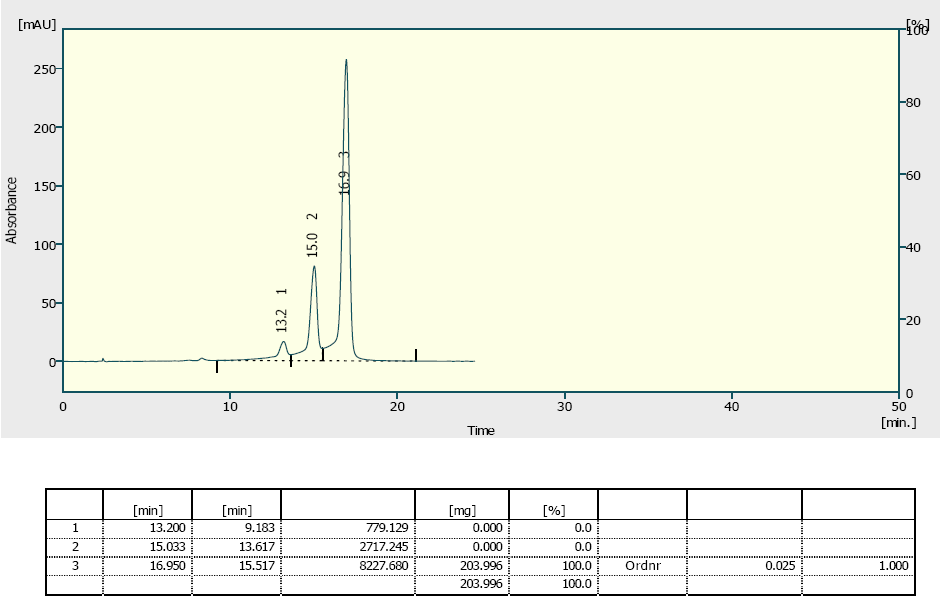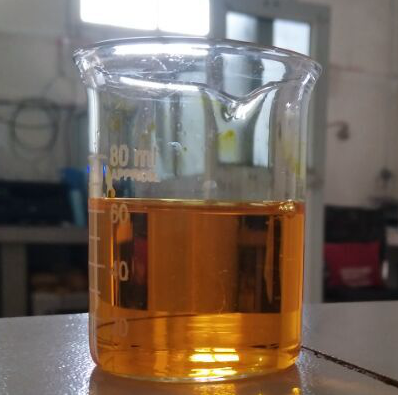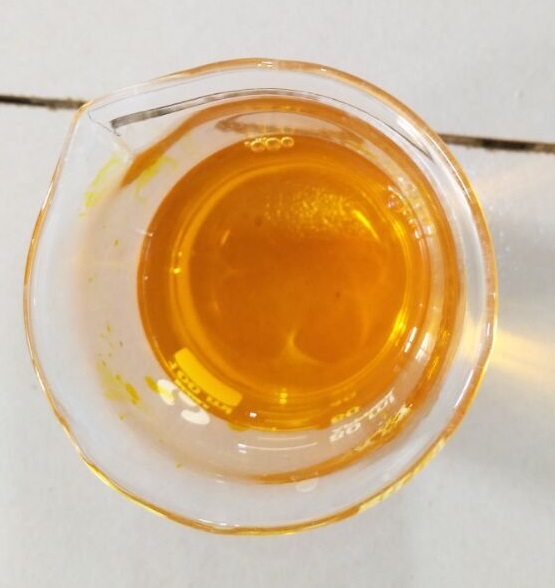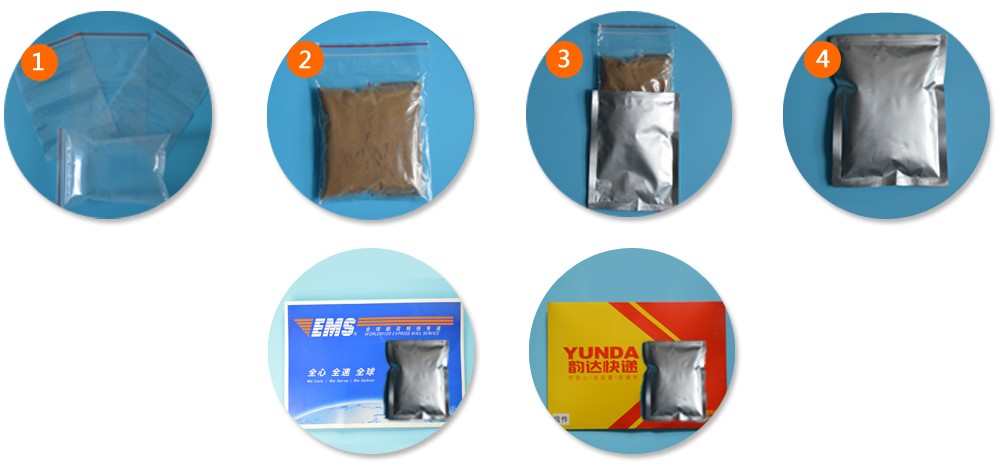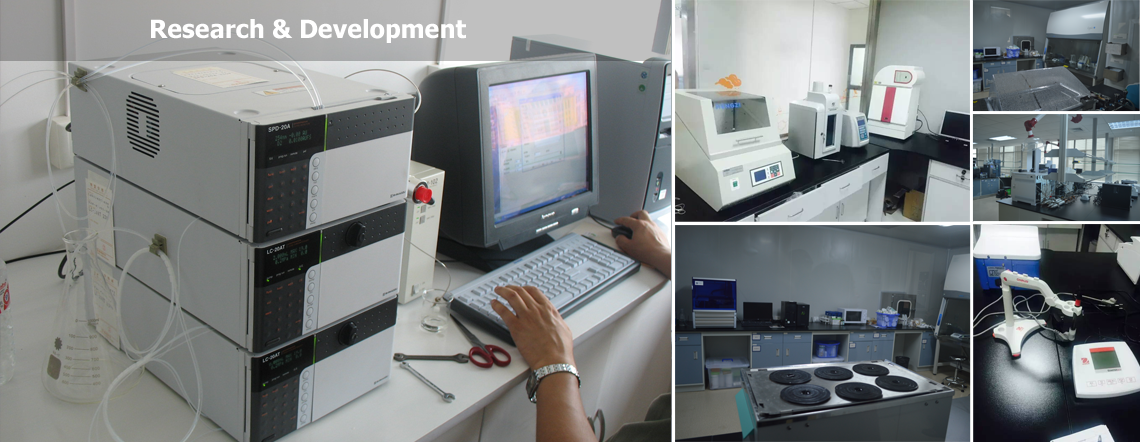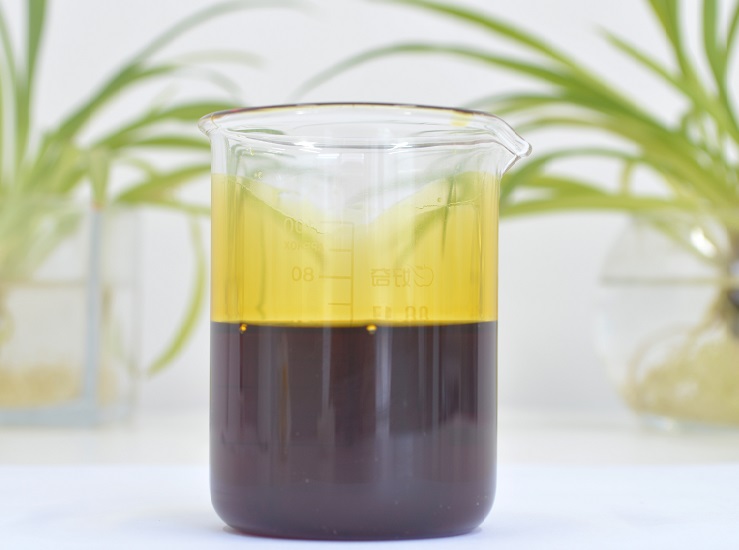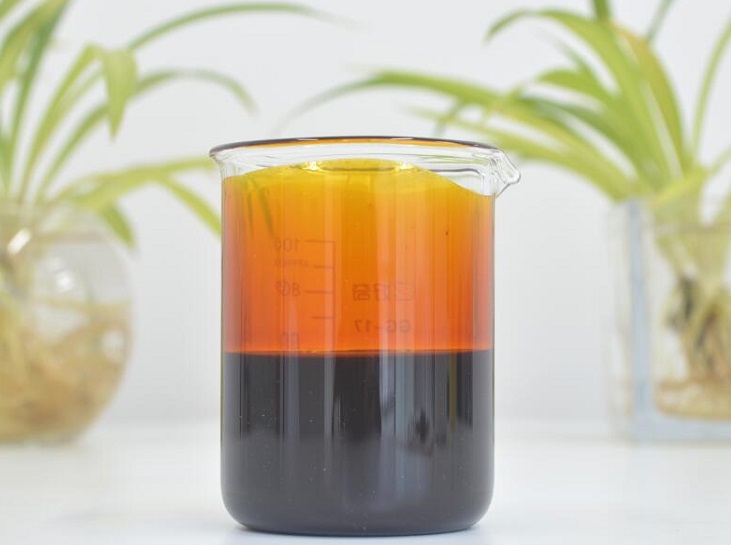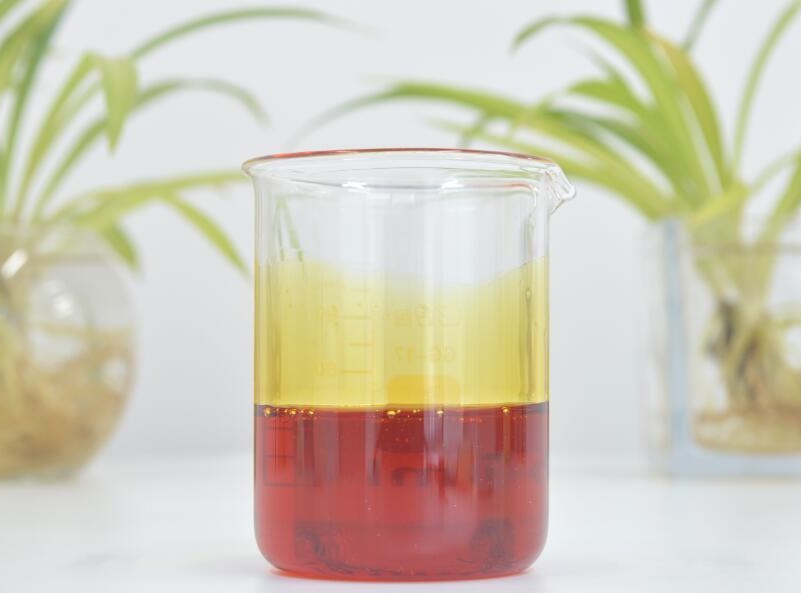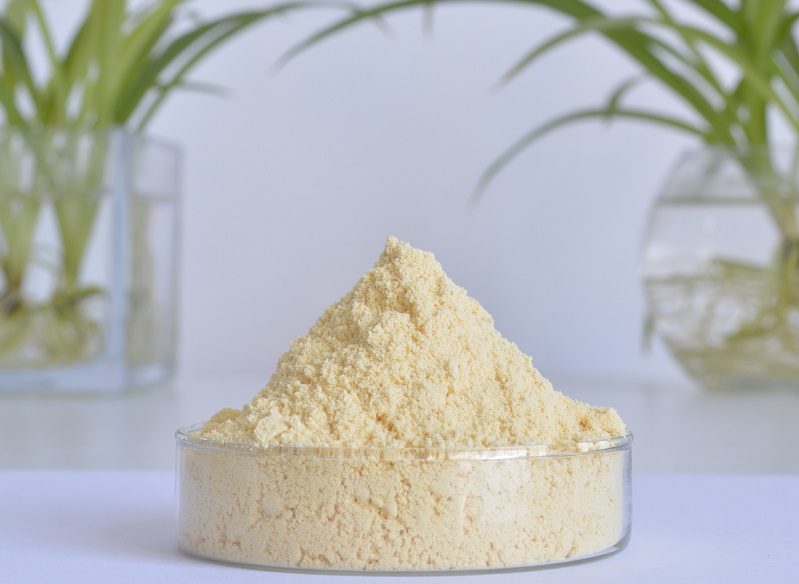1. Anti-inflammatory (Osteoarthritis and Rheumatoid Arthritis)
Curcumin is associated with reducing a variety of inflammatory signals, and a lot of them are associated with arthritis and inflammatory joints.
Some research shows that taking curcumin, alone or in combination with other herbal ingredients (boswellia, ashwagandha), has shown improvements in pain, stiffness, and physical functioning in people with osteoarthritis.
A double-blind trial found curcumin to be an effective anti-inflammatory agent in rheumatoid arthritis patients.
Curcumin can reduce inflammation through a variety of means; preventing pro-inflammatory signals from acting on the nucleus, reducing the ability of immune cells to get to sites of inflammation, and reducing the exacerbation of already present inflammation by reducing the activity of inflammatory enzymes.
Recommended dosage —— 400 mg of curcumin three times daily
2. Antioxidant (prevent cancer)
Curcumin has been shown in clinical studies to have potent antioxidant properties. This compound helps protect cells and tissues by fighting free radicals that are in the air you breathe and even the food you eat. By keeping free radicals at bay, curcumin can help prevent the formation of diseases in the body, such as cancer.
Recommended dosage —— 1000 mg of curcumin daily
3. Indigestion
Some research shows that taking turmeric powder might help relieve indigestion. Turmeric is the perfect supplement to stimulate the production of bile in the liver, thus cleansing the body and improving the ability to digest fats.
Recommended dosage —— 500 mg of turmeric powder four times per day
4. Alzheimer’s Disease
Some trials found that patients with Alzheimer's disease showed improvements in symptoms such as irritability, agitation, anxiety, and apathy after supplementing with curcumin. Alzheimer's Disease is characterized by beta-amyloid build-up in neural tissue, while curcumin is able to inhibit aggregation of beta-amyloid proteins in the brain, and thus prevent neural inflammation which would cause Alzheimer's disease.
Recommended dosage —— 1000 mg per day of curcumin
*The Content here is not intended to be a substitute for professional medical advice, diagnosis, or treatment. Always seek the advice of your physician with any questions you may have regarding a medical condition.

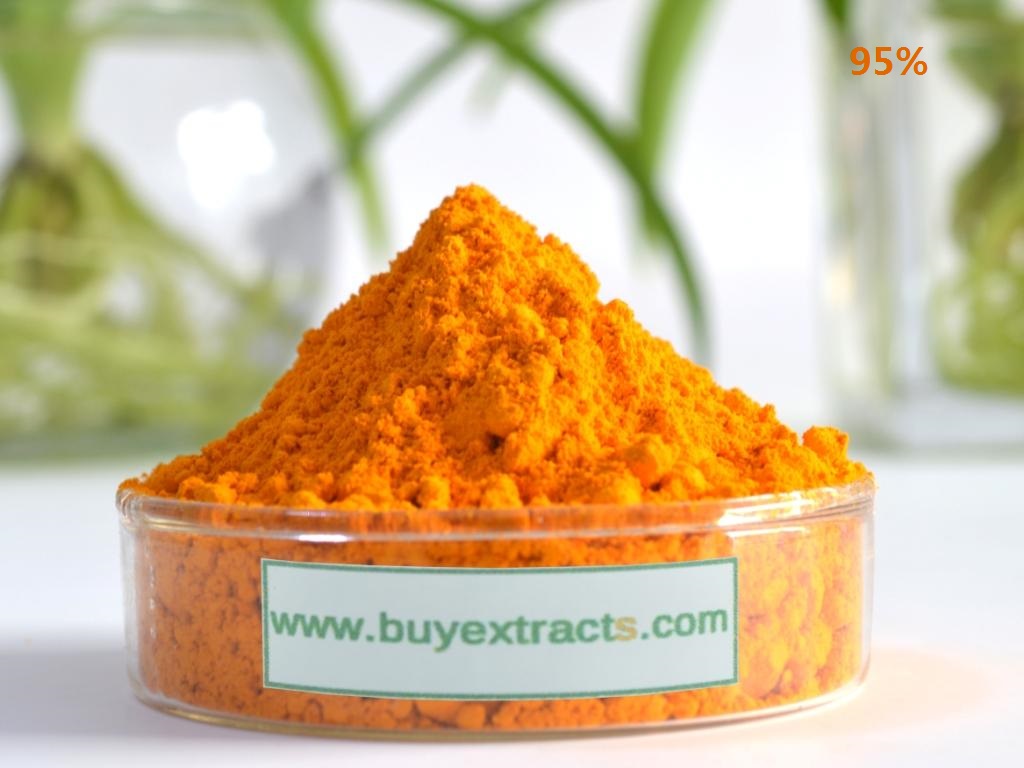
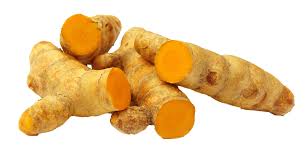






.jpg)
